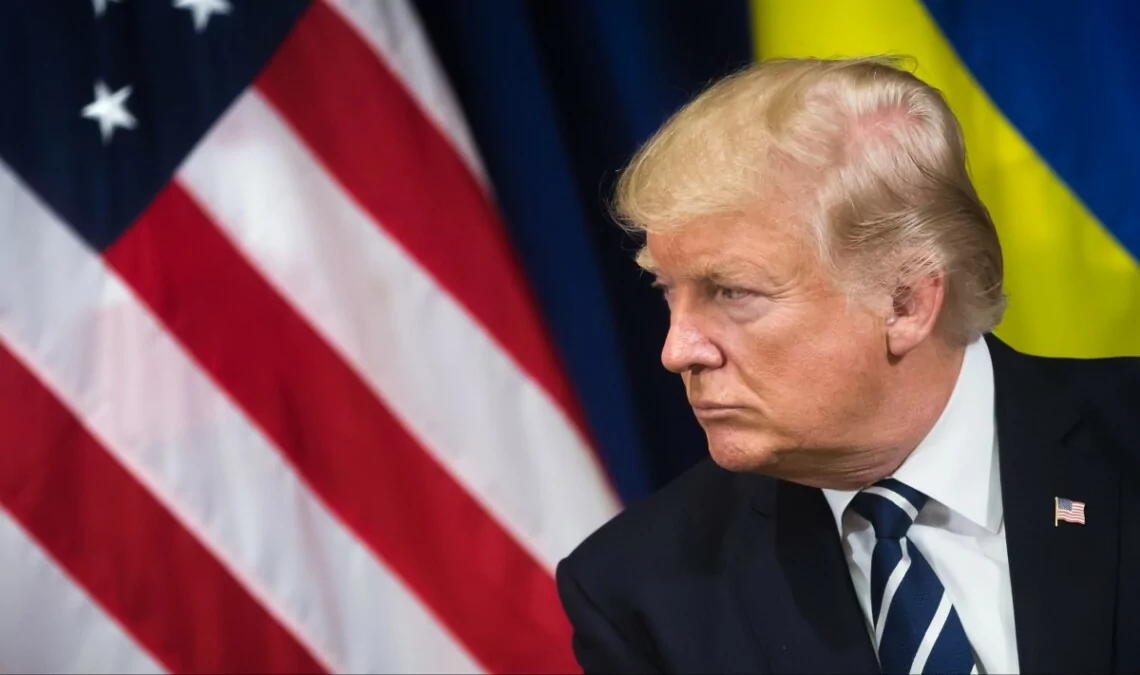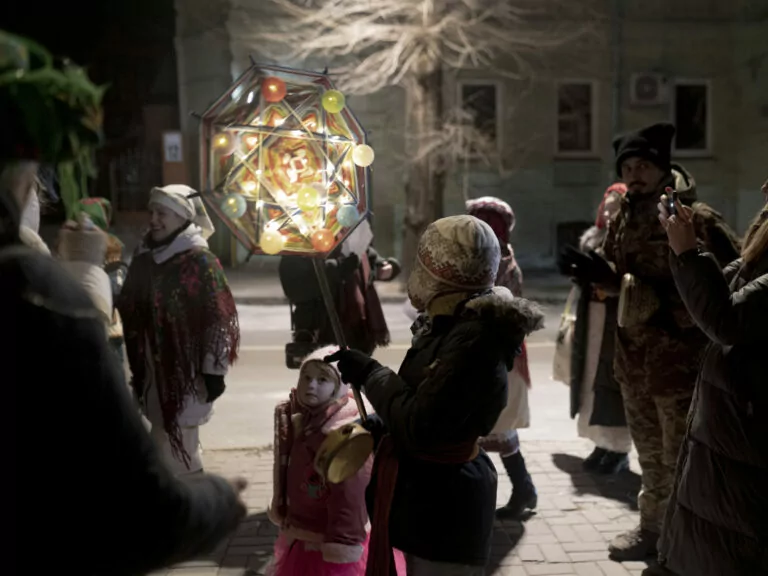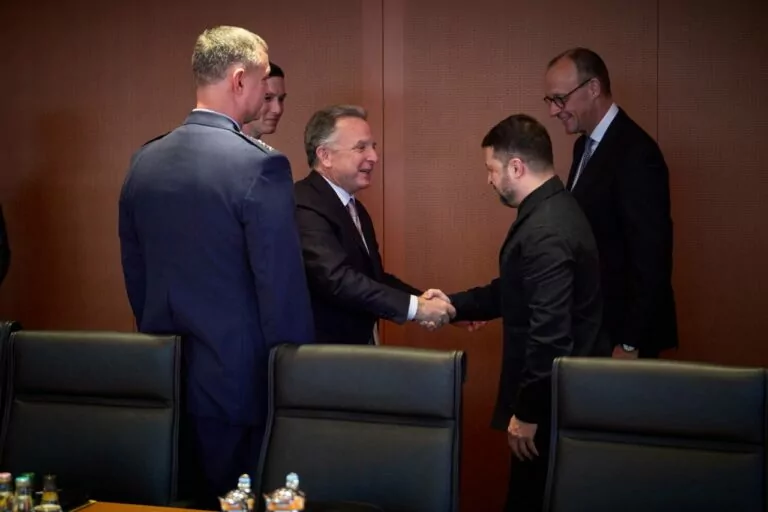Jul 22 — In his climactic speech at the end of last week’s Republican convention, Donald Trump gave few clues about his intended policy towards Ukraine.
He said America’s 2021 bungled departure from Afghanistan had emboldened Russia to invade Ukraine, and that the world was safer from Moscow when he was president.
“Under President Bush, Russia invaded Georgia. Under President Obama, Russia took Crimea. Under the current [Biden] administration, Russia is after all of Ukraine. Under President Trump, Russia took nothing,” he said.
But there was characteristically little on detail about what he would do about current Russian aggression. “I will end every single international crisis that the current administration has created”, he said, “including the horrible war with Russia and Ukraine, which would have never happened if I was president”.
In fact, the issue of Ukraine at the convention exposed some of the deep divisions in right-wing America, and details of what Republicans would do if they win the White House this year seem far from settled.
On one hand, the announcement that DJ Vance will be the vice president nominee was met with some horror by Ukrainians and west Europeans, and welcomed by the Russian press. Vance has a long record of questioning U.S. support for Ukraine, says American weapons supplies are stretched too thin, and that Washington should prioritize arming Israel over Ukraine.
Heavyweight French newspaper Le Monde took a rather alarmist view of Vance’s nomination, suggesting it was “Bad news for Ukraine from the Republican convention in Milwaukee”, where “the most worrying news for Ukraine does not come from the front” near Kharkiv, but from the convention.
And when investor David Sacks addressed the convention, he blamed Biden for provoking the Russians, saying, “Hundreds of billions of our taxpayer dollars have gone up in smoke [on Ukraine].”
Republican Member of Congress Marjorie Taylor Greene said something similar, claiming that “While hundreds of thousands of Americans are suffering, the Democrats spent over $175 billion — your tax dollars — to secure Ukraine’s borders”.
On the other hand, there was plenty of anti-Putin rhetoric, and Republican leader Nikki Haley told the convention that Putin didn’t attack Ukraine when the Republicans were in power since he knew Trump was tough. The convention also featured the largest Ukrainian flag in the world as a gesture of support for Kyiv, and former Ukrainian President Poroshenko was invited to attend (though he wasn’t able to leave Ukraine.)
The messaging on Ukraine was confused and contradictory. Some placards in the hall had the simple but ambiguous slogan saying “TRUMP WILL END THE UKRAINE WAR,” without suggesting how, and there is no mention of Ukraine at all in the short, official Republican Party 2024 platform.
But the more substantial (over 900 pages) document titled Mandate for Leadership from conservative Project 2025 that is regarded by many as the real far-right blueprint for a new Trump administration does mention the Russian-Ukrainian war.
It has detailed policy proposals on a long list of issues, and its foreign policy sections include heavy criticism of Putin. It also explains the American Conservative dilemma on Ukraine.
“One school of conservative thought holds that as Moscow’s illegal war of aggression against Ukraine drags on, Russia presents major challenges to U.S. interests, as well as to peace, stability, and the post-Cold War security order in Europe. This viewpoint argues for continued U.S. involvement, including military aid, economic aid, and the presence of NATO and U.S. troops if necessary. The end goal of the conflict must be the defeat of Russian President Vladimir Putin and a return to pre-invasion border lines.”
It also outlines “Another school of conservative thought [that] denies that U.S. Ukrainian support is in the national security interest of America at all. Ukraine is not a member of the NATO alliance and is one of the most corrupt nations in the region… This viewpoint desires a swift end to the conflict through a negotiated settlement between Ukraine and Russia.”
The influential agenda proposes a third way, that “U.S. involvement must be fully paid for; limited to military aid (while European allies address Ukraine’s economic needs); and have a clearly defined national security strategy that does not risk American lives.”
Clearly, there is internal debate and friction within American conservatism on what it should do about Putin, and about Ukraine. But if the Republicans do win the November election, Vance won’t be making any major foreign policy decisions in the White House, and Trump’s policy towards Ukraine is likely to be on-brand highly unpredictable.
Author: Brian Dooley, a Senior Advisor at Washington-based NGO Human Rights First and Honorary Professor of Practice at Queen’s University, Belfast.




